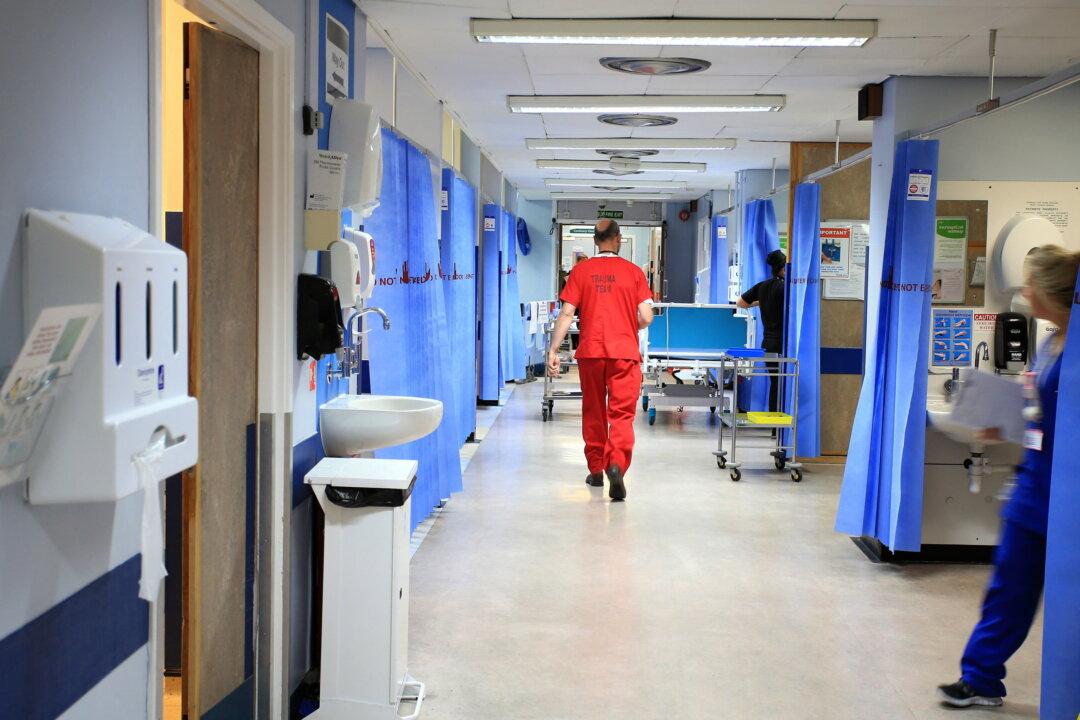Infections caused by strep A bacteria have caused the deaths of at least six children in recent weeks, according to the UK government.
Investigations are underway following reports of an increase in lower respiratory tract Group A strep infections in children over the past few weeks, which have caused severe illness.





